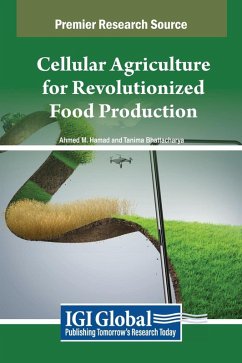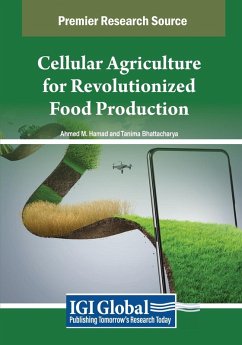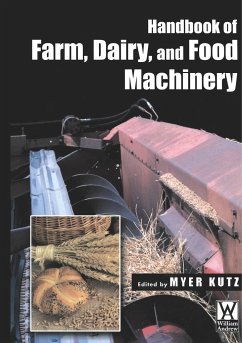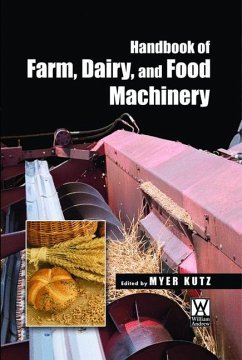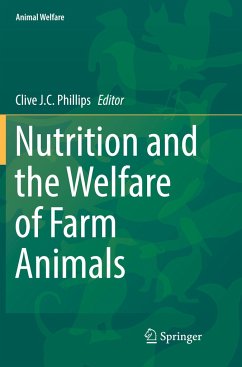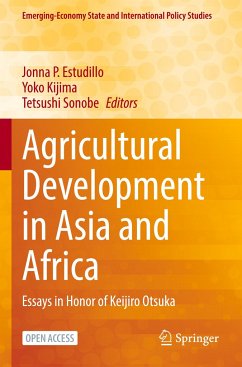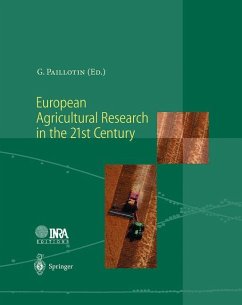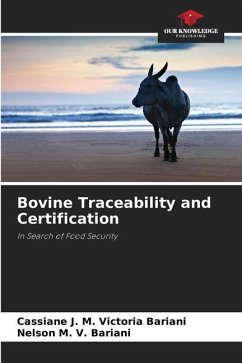
Encyclopedia of Food and Agricultural Ethics
Versandkostenfrei!
Versandfertig in 1-2 Wochen
917,99 €
inkl. MwSt.

PAYBACK Punkte
459 °P sammeln!
This Encyclopedia offers a definitive source on issues pertaining to the full range of topics in the important new area of food and agricultural ethics. It includes summaries of historical approaches, current scholarship, social movements, and new trends from the standpoint of the ethical notions that have shaped them. It combines detailed analyses of specific topics such as the role of antibiotics in animal production, the Green Revolution, and alternative methods of organic farming, with longer entries that summarize general areas of scholarship and explore ways that they are related. Renewe...
This Encyclopedia offers a definitive source on issues pertaining to the full range of topics in the important new area of food and agricultural ethics. It includes summaries of historical approaches, current scholarship, social movements, and new trends from the standpoint of the ethical notions that have shaped them. It combines detailed analyses of specific topics such as the role of antibiotics in animal production, the Green Revolution, and alternative methods of organic farming, with longer entries that summarize general areas of scholarship and explore ways that they are related. Renewed debate, discussion and inquiry into food and agricultural topics have become a hallmark of the turn toward more sustainable policies and lifestyles in the 21 st century. Attention has turned to the goals and ethical rationale behind production, distribution and consumption of food, as well as to non-food uses of cultivated biomass and the products of animal husbandry. These wide-ranging debates encompass questions in human nutrition, animal rights and the environmental impacts of aquaculture and agricultural production. Each of these and related topics is both technically complex and involves an often implicit ethical dimension. Other topics include methods for integrating ethics into scientific and technical research programs or development projects, the role of intensive agriculture and biotechnology in addressing persistent world hunger and the role of crops, forests and engineered organisms in making a transition to renewable, carbon-neutral sources of energy. The Encyclopedia of Food and Agricultural Ethics proves an indispensible reference point for future research and writing on topics in agriculture and food ethics for decades to come.




